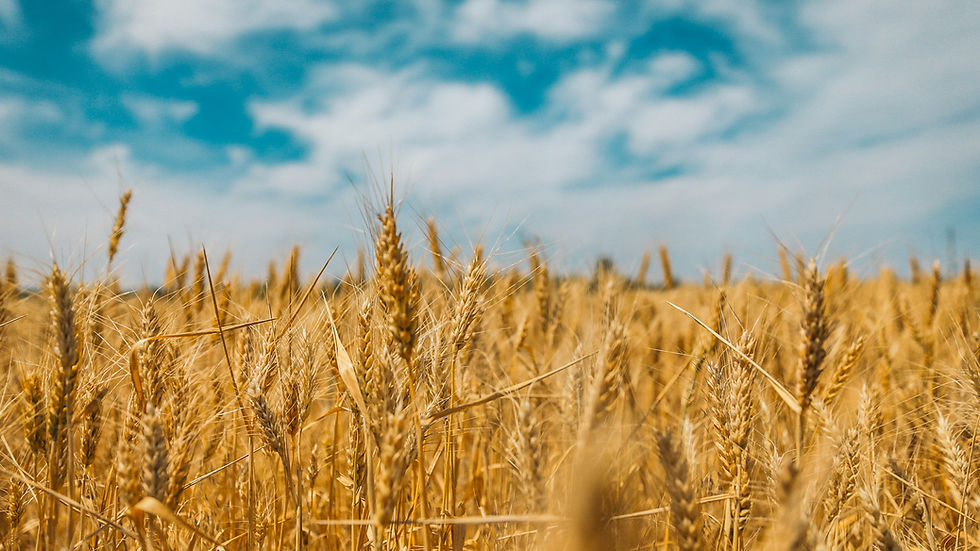🌱 Who would like to have the raw materials?
The Russian invasion of Ukraine and China-US competition have shaped the critical raw material market over the past few years. Despite the ongoing war, Ukraine continues to have “immense potential as a major global supplier of critical raw materials”. These critical raw materials play a considerable role in the geopolitics around Ukraine. The EU, for example, has a key interest in Ukraine’s deposits and also signed the EU-Ukrainian Strategic Partnership on Critical Minerals in 2021. More recently, Donald Trump voiced his desires of “tying US military aid for Ukraine to gaining access to its minerals”.
🌱 Who owns the raw materials?
Ukraine is a sovereign state. Under the “principle of sovereignty over natural resources” in international law, sovereign states and their people have the right to freely exploit and dispose of their natural resources. In practice, this means that the raw materials in the Ukraine belong solely to Ukraine and its population. Unless otherwise contractually agreed with free consent, Ukraine alone has the right to decide what happens with its raw materials, who has control over or access to these, and how these are to be extracted and used. Any use of force (or excessive interference) in this decision-making constitutes a breach of Ukraine’s “right to self-determination” and therewith its sovereignty.
🌱 Could the raw materials become a “resource curse”?
According to the Clingendael Institute, there are risks to “resource-driven foreign influence”. In a recent publication, the institute argues that “[w]hile Ukraine itself is using its minerals as a bargaining chip”, this could “perpetuate 'resource curse' dynamics”. When under this curse, “resource-rich countries struggle with economic instability, corruption and foreign exploitation”. Moreover, “socio-political conflicts may emerge”, if the resources are “controlled and exploited by rich elites or foreign entities”.
🌱 What steps could be taken next?
While the mineral reserves are a strategic asset, “trying to grab Ukraine’s minerals [could be] a recipe for further instability”. In line with this, the Clingendael Institute argues that “[i]nvesting in broader industrial partnerships would benefit both Ukraine's reconstruction and recovery and Europe’s competitiveness”. To help build a more stable future, the institute argues that the EU could help Ukraine to “facilitate local value creation and sector development beyond securing mineral supplies for export”. In practice, this would mean supporting Ukraine to set up functional value chains within its borders – so that critical raw materials are not only extracted for export but used domestically. This could be done by, for example, building up processing and manufacturing capacities for batteries or weapon systems within Ukraine.

Read more about the recent developments here:
- https://www.clingendael.org/publication/grabbing-ukraines-minerals-recipe-further-instability
- https://www.clingendael.org/sites/default/files/2025-02/Alert_Ukraine_Minerals.pdf